Take a photo of a barcode or cover
The Most Influential Sci-Fi Books of All Time (Book Riot, 2021) - NEW VERSION
37 participants (73 books)
Overview
What do we talk about when we talk about science fiction? Is it our hope for the future, or our fear of creating the very thing that will destroy us? If the most influential sci-fi books of all time are any indication, the answer is both.
Since the early 19th century, humanity has been fascinated by its own ability to move goalposts and demolish old boundaries in the dogged pursuit of progress. Our interpretation of that progress frequently shifts between cautious optimism and resignation toward our own doom, due to various social and political climate changes. But even at our most pessimistic, when we collectively felt as if we’d lost some great cosmic game, never, not once, have we ever stopped writing and reading new futures for ourselves. That’s a testament, not only to the staying power of sci-fi, but also to the tenacity of the human race.
The most influential sci-fi books of all time have shaped not just science fiction and its myriad sub-genres, but horror, fantasy, and manga, as well. Filmmakers have drawn inspiration for the stories between their covers, and real-world STEM developments have been made in their names. Without these books, for better or worse, our world would not be what it is today.
https://bookriot.com/the-most-influential-sci-fi-books-of-all-time
https://bookriot.com/the-most-influential-sci-fi-books-of-all-time
The Most Influential Sci-Fi Books of All Time (Book Riot, 2021) - NEW VERSION
37 participants (73 books)
Overview
What do we talk about when we talk about science fiction? Is it our hope for the future, or our fear of creating the very thing that will destroy us? If the most influential sci-fi books of all time are any indication, the answer is both.
Since the early 19th century, humanity has been fascinated by its own ability to move goalposts and demolish old boundaries in the dogged pursuit of progress. Our interpretation of that progress frequently shifts between cautious optimism and resignation toward our own doom, due to various social and political climate changes. But even at our most pessimistic, when we collectively felt as if we’d lost some great cosmic game, never, not once, have we ever stopped writing and reading new futures for ourselves. That’s a testament, not only to the staying power of sci-fi, but also to the tenacity of the human race.
The most influential sci-fi books of all time have shaped not just science fiction and its myriad sub-genres, but horror, fantasy, and manga, as well. Filmmakers have drawn inspiration for the stories between their covers, and real-world STEM developments have been made in their names. Without these books, for better or worse, our world would not be what it is today.
https://bookriot.com/the-most-influential-sci-fi-books-of-all-time
https://bookriot.com/the-most-influential-sci-fi-books-of-all-time
Challenge Books
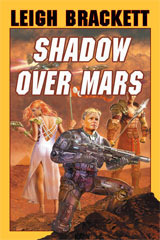
Shadow Over Mars
Leigh Brackett
Also published as The Nemesis from Terra, this debut novel from the “Queen of the Space Opera” follows Rick Urquhart: an impoverished, ne’erdowell drifter who just so happens to be the prophesied savior fated to rule over all of Mars. An über-tough guy who plays by his own rules, Rick will have to face off against Martian royalty and corporate interests alike in order to realize his destiny. Shadow over Mars is pulpy, it’s prototypical, and it’s largely overlooked.
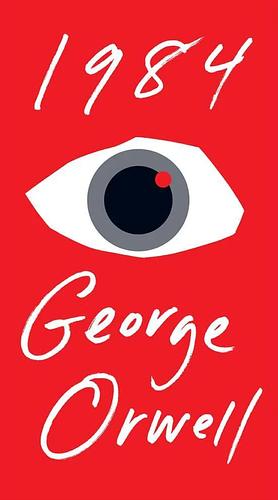
1984
George Orwell
This one is so influential that everyone knows it, even if they haven’t read it. George Orwell’s seminal dystopian novel introduced plenty of new words and phrases into the English lexicon — including Big Brother, doublethink, newspeak, and thoughtcrime — and may have predicted the rise of smartphone data collection. Although We predates Orwell’s novel by a quarter century, Nineteen Eighty-Four created a blueprint for dystopian fiction that’s still in use today.
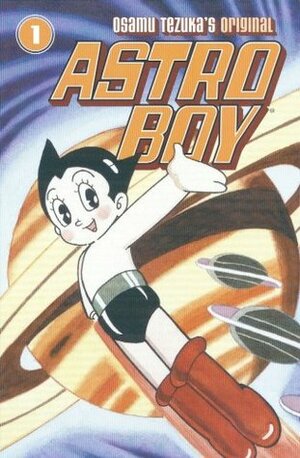
Astro Boy, Vol. 1
Osamu Tezuka
Astro Boy may not have been the first work of literature to introduce robots with feelings, but it’s one of the most influential by far. Not only did the long-running series help set the standard for manga in postwar Japan, but its anime adaptation was “the first commercial animated TV program in Japan,” according to Tezuka’s official website. If you’re a sci-fi reader who grew up loving anime, you owe it all to Astro Boy.
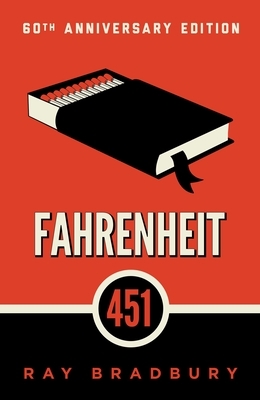
Fahrenheit 451
Ray Bradbury
“It was a pleasure to burn.” It’s one of the best-known first lines in literature, and it comes from a novel that’s on par with Nineteen Eighty-Four, at least as far as being misinterpreted goes. Ray Bradbury confirmed to L.A. Weekly in 2007 that Fahrenheit 451 is about the fear that television would one day crowd out books, not government censorship or McCarthyism. I think most of us would agree that Roland Barthes’s theories on the death of the author applies here, however. Even if you agree with Bradbury, Fahrenheit 451‘s influence stems from its interpretation as a piece of anti-censorship literature, not a warning against the evils of television.
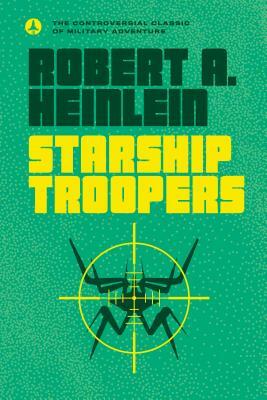
Starship Troopers
Robert A. Heinlein
Space wars and buglike aliens still abound in sci-fi today, thanks in large part to Robert A. Heinlein’s Starship Troopers. If you’ve only seen the 1997 movie adaptation starring Casper Van Dien, you may come away from this novel disappointed. The tongue-in-cheek humor isn’t part of the original text; where the movie satirizes the fascist society its human characters are dying to defend, Heinlein’s novel plays it straight, and often seems to advocate for practices — total war, capital punishment, etc. — many may find distasteful. Although Starship Troopers isn’t a novel suited to everyone’s taste, there’s no denying its impact on the military sci-fi sub-genre.
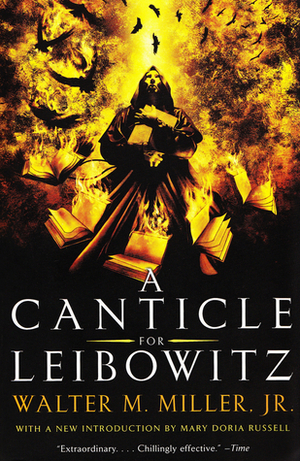
A Canticle for Leibowitz
Walter M. Miller Jr.
Let’s talk apocalypse and what comes after. You can’t throw a rock without hitting a post-apocalyptic story these days. In fact, they’ve been a genre staple since Mary Shelley published her plague novel, The Last Man, in 1826. It should come as no surprise, then, that Walter M. Miller’s only novel, the post-apocalyptic A Canticle for Leibowitz, is a Hugo Award winner that has never gone out of print. One of the first sci-fi novels to have crossover appeal, Canticle examines the impact of nuclear war on a broken-down secular society and the Catholic monastery trying to minister to it.
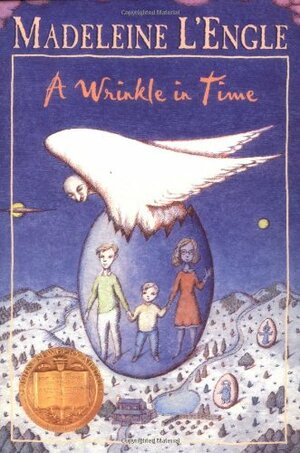
A Wrinkle in Time
Madeleine L'Engle
If science fiction has a gateway drug, A Wrinkle in Time is it. Writing for Early Bird Books, Molly Reiniger points out that Madeleine L’Engle’s novel for children “created the space, especially for girls, to be interested in science fiction and fantasy, and to go on to be dedicated readers and writers of the genre.” The novel follows a group of child heroes and their fairy godmother-esque guides as they travel from dimension to dimension, à la Jonathan Swift’s Gulliver or Wells’s Time Traveller. If you’re a lifelong sci-fi fan or a woman working in a STEM field, there’s a chance it’s because of L’Engle.
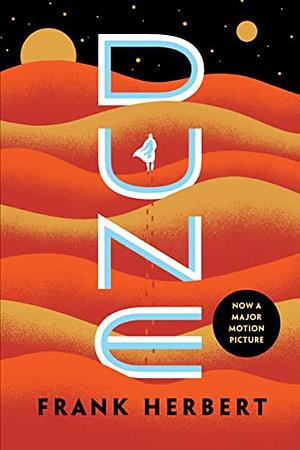
Dune
Frank Herbert
It’s impossible to talk about the most influential sci-fi books of all time without talking about Dune. In his 1965 bestseller, Frank Herbert rolls court intrigue, witchcraft, climate change, the clash of civilizations, and elements of military sci-fi into a Chosen One narrative about a teenage Messiah. Dune inspired Star Wars and Hayao Miyazaki’s Nausicäa of the Valley of the Wind. Its 1992 video game adaptation, Dune II: The Building of a Dynasty, “is widely regarded as the first modern real-time strategy (RTS) game,” according to Vintage Games co-authors Bill Loguidice and Matt Barton.
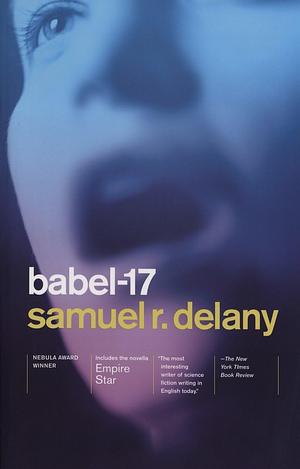
Babel-17
Samuel R. Delany
Although it’s not Delany’s best-known work — that honor belongs to 1975’s Dhalgren — Babel-17 was highly influential upon its release for its use of, and play with, language. This is one of the first, if not the first, sci-fi explorations of the Sapir-Whorf hypothesis in action. The story here centers on a former military cryptographer tasked with deciphering the titular code, used by enemy forces ahead of attack maneuvers. As it turns out, Babel-17 is no code, but a language, and Delany’s heroine dives deep to learn as much as she can about how it functions.
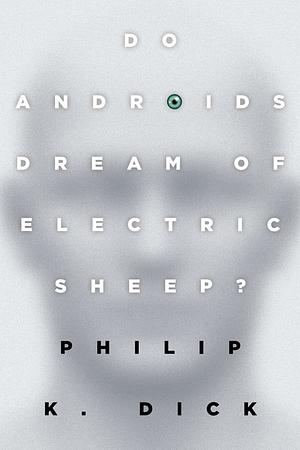
Do Androids Dream of Electric Sheep?
Philip K. Dick
A century and a half after Mary Shelley cracked open the question of what makes us human, Philip K. Dick dumped that can of worms out onto the page to create what remains one of the most influential sci-fi novels ever written. The basis for Ridley Scott’s Blade Runner, Do Androids Dream of Electric Sheep? centers on a blue-collar assassin tasked with hunting down humanoid robots who have escaped servitude on Mars for a chance at freedom on Earth.
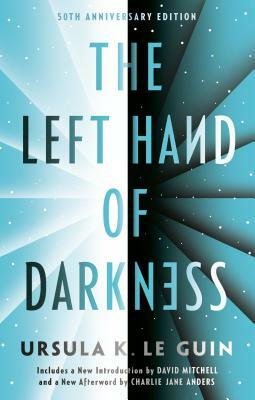
The Left Hand of Darkness
Ursula K. Le Guin
I would hope that, by this point in this list, I’ve put any arguments about the “sudden” politicization of science fiction to rest. If you’re still unconvinced, check out Ursula K. Le Guin’s The Left Hand of Darkness, which follows humanity’s emissary to an intergalactic council — a council with which the people of Terra wish to unite — as he navigates life among an alien race whose members are expected to live as male, female, and agender over the course of their lives. The first novel in Le Guin’s Hainish Cycle, The Left Hand of Darkness forced open the door for future science fiction writers to critique gender in their work.
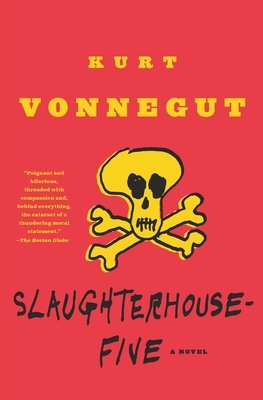
Slaughterhouse-Five
Kurt Vonnegut
Another sci-fi novel with broad crossover appeal, Slaughterhouse-Five stands out for its depiction of post-traumatic stress disorder as time travel. In the novel, World War II veteran Billy Pilgrim becomes “unstuck in time,” to the extent that flipping a light switch can transport him to another planet or send him back to the firebombing of Dresden. Possibly Kurt Vonnegut’s most famous novel, Slaughterhouse-Five offers up a thoughtful examination of the fallout of war in a not-quite-military sci-fi novel.
